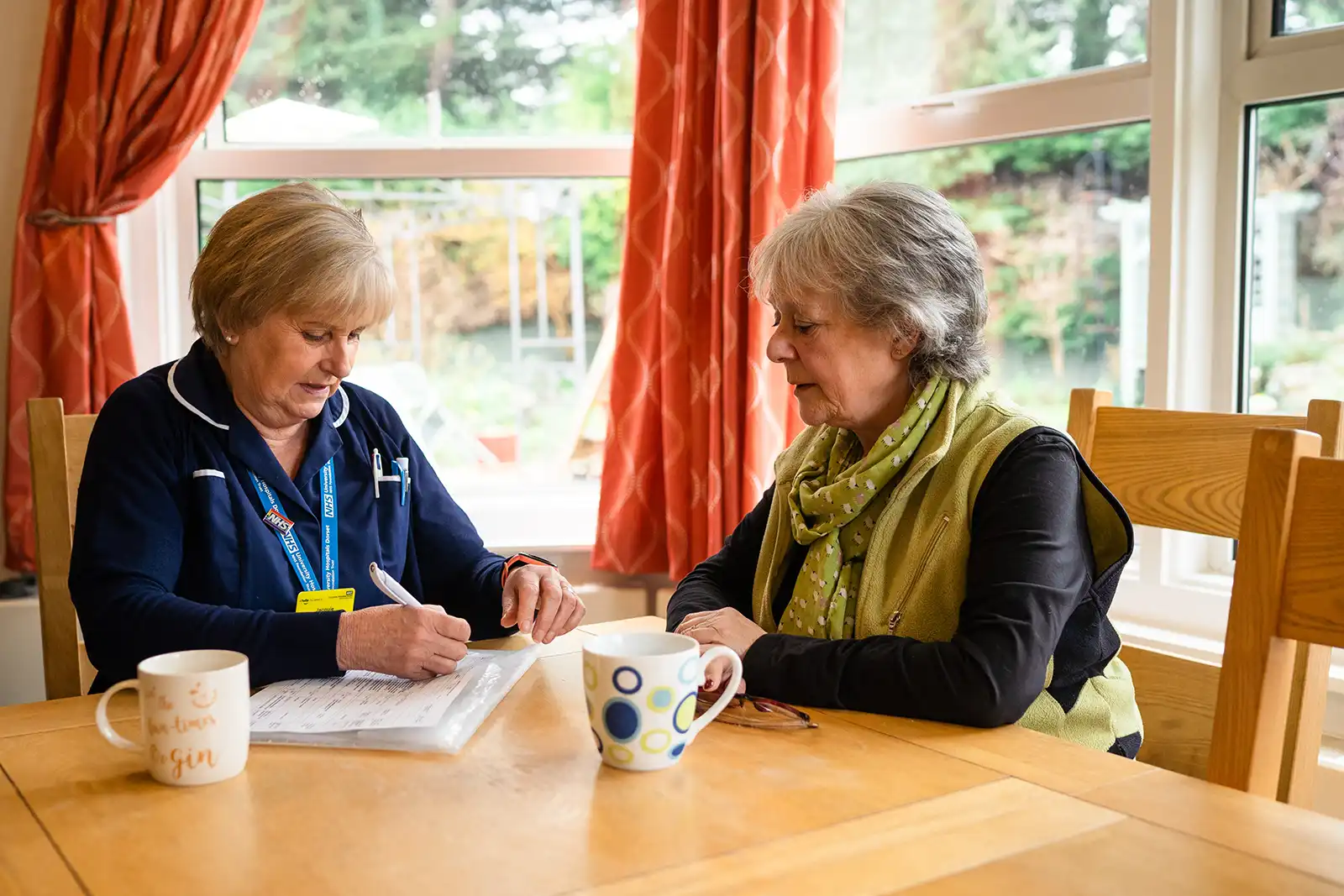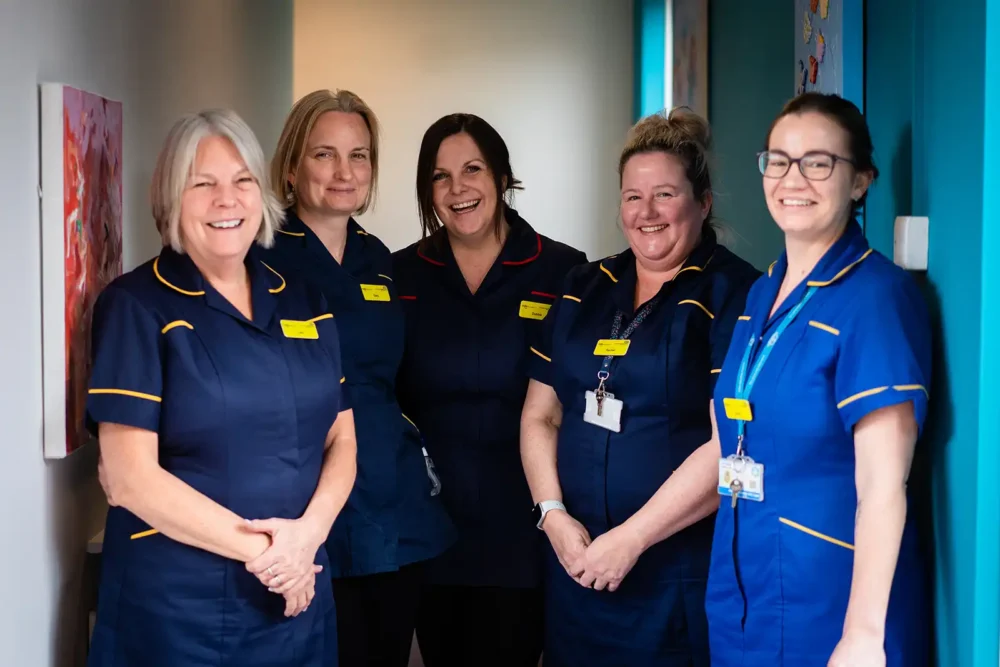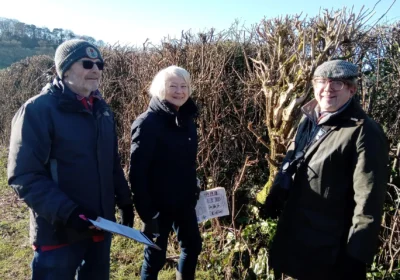A PROJECT improving end-of-life care for patients has been recognised for its work.
The special collaboration between an end-of-life care service and a night nursing team at the Macmillan Unit at Christchurch Hospital has been recognised for its work to support patients and their loved ones.
The ‘Hospice at Home’ pathway was established from the Macmillan Unit, in collaboration with the Community Night Nursing Team in Dorset, following challenges to meet high demand.
Louise Pennington, lead nurse for palliative care, said: “I know many of us, me included, have experienced what 3am can feel like when you are caring for someone who is dying.
“I am really proud of our teams and the impact that we are having across the system in east Dorset for patients with palliative and end-of-life care.”
The service provides dedicated, tailored support to patients under specialist palliative care.
Patients are triaged by a 24/7 helpline, with the service aiming to increase both the capacity and quality of care for patients in their homes overnight.

The collaboration is aimed at improving care for patients and their families
Benefits are far-reaching, providing bespoke care to patients with complex palliative care needs, shorter wait times, and a reduced pressure on ambulance service and emergency admissions.
The collaboration has since been showcased as one of six successful case studies in a report published by Sue Ryder, titled ‘Best practice in end-of-life-care’, with the initiative commended for “implementing services in response to challenges, and meeting local population health needs”.
Louise added: “The partnership has empowered the team.
“It’s really important and an interest of mine to focus on the ‘out of hours’ period, which is 75% of the week, as this is the scariest time for a person living with advanced illness, and for their families.
“Staff feel enabled to be caring in the way that they should be caring again.”










Leave a Reply